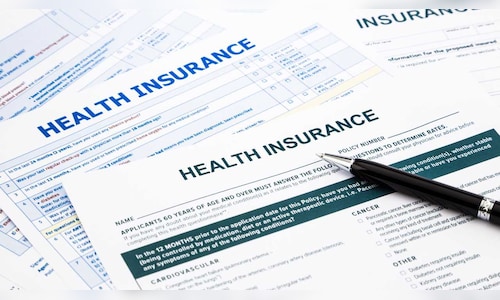Cancer on the Rise in Young Aussies: Experts Issue Urgent Warning
Alarming new research is highlighting a concerning trend: a significant increase in cancer diagnoses among young Australians. Leading health experts are sounding the alarm, urging for increased awareness, preventative measures, and further investigation into the underlying causes. This isn't just a statistic; it's impacting families and communities across the nation.
For decades, cancer was largely considered a disease of older age. However, recent data paints a different picture. Hospitals and oncologists are reporting a noticeable rise in cases of various cancers affecting individuals in their 20s, 30s, and even younger. While the exact reasons remain complex and are still under investigation, experts are pointing to a combination of factors.
What's Driving This Trend?
Several potential contributors are being examined. These include:
- Lifestyle Factors: Changes in diet, increased rates of obesity, lack of physical activity, and rising alcohol and tobacco consumption are all being scrutinised. The impact of processed foods and environmental toxins is also under review.
- Environmental Exposures: Exposure to pollutants, pesticides, and other environmental hazards is believed to play a role. Ongoing research is exploring the link between geographical locations and cancer incidence.
- Delayed Childbearing: The trend of women having children later in life is being investigated as a possible factor, as it can impact hormonal balance and increase certain cancer risks.
- Improved Detection: While improved screening and diagnostic techniques are undoubtedly leading to more accurate diagnoses, experts believe this doesn't fully explain the observed increase. It's likely a combination of factors, with better detection playing a role in identifying cases that might have previously gone unnoticed.
- Viral Infections: The role of certain viral infections, such as HPV (Human Papillomavirus), is also being explored, particularly in relation to cancers like cervical and oropharyngeal cancer.
The Impact and What Needs to Be Done
The rise in young-onset cancer is placing a significant strain on healthcare systems and impacting the lives of countless individuals and their families. Experts are calling for:
- Increased Funding for Research: More resources are needed to investigate the underlying causes of this trend and to develop more effective prevention and treatment strategies.
- Public Health Campaigns: Raising awareness about risk factors and promoting healthy lifestyle choices is crucial.
- Early Detection Programs: Expanding screening programs to include younger age groups, where appropriate, could help identify cancers at earlier, more treatable stages.
- Focus on Prevention: Investing in preventative measures, such as promoting healthy diets and encouraging regular physical activity, is essential.
“We’re seeing a disturbing shift in cancer patterns,” says Dr. Sarah Chen, a leading oncologist at Royal North Shore Hospital. “While we’ve made significant progress in treating cancer, this trend highlights the urgent need to understand why more young people are being diagnosed. Prevention is key, and we need to empower young Australians to make informed choices about their health.”
The situation requires a coordinated effort from healthcare professionals, researchers, policymakers, and the public. By working together, we can strive to understand and address this concerning trend and improve the health outcomes for young Australians.






